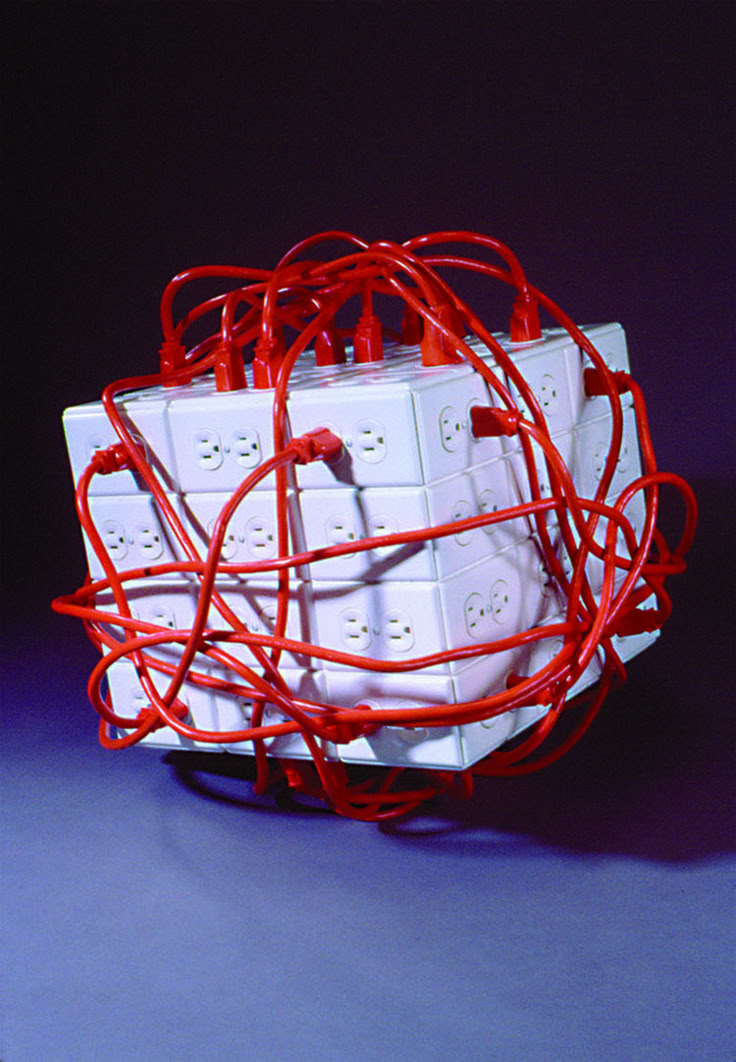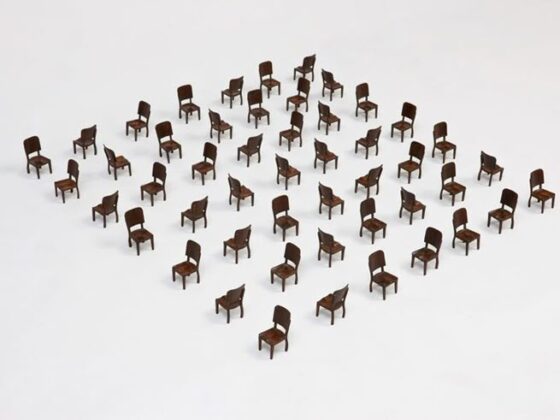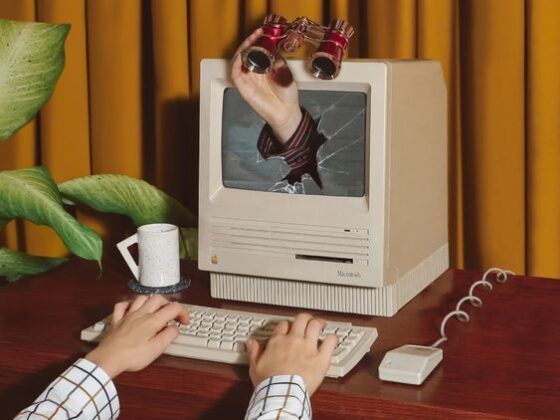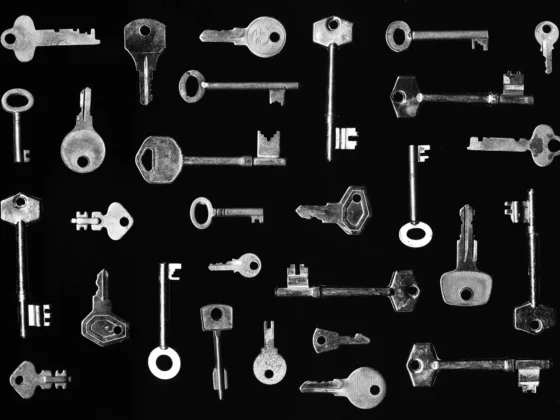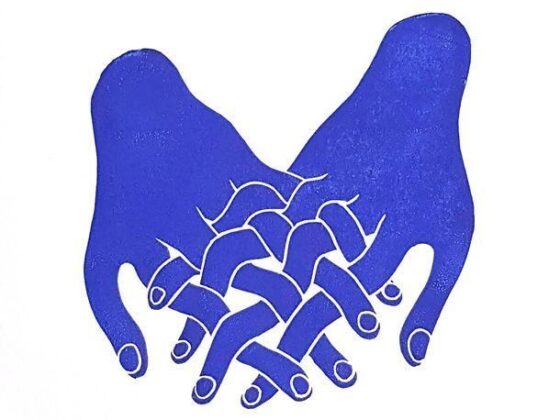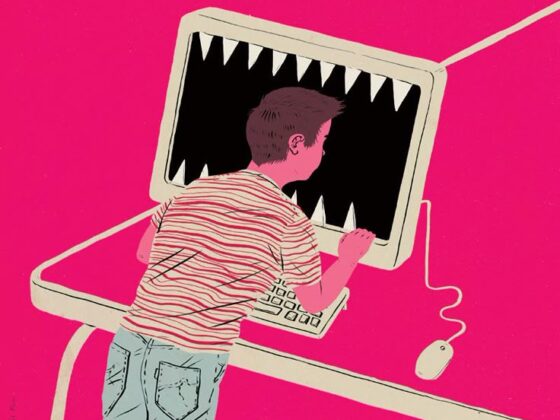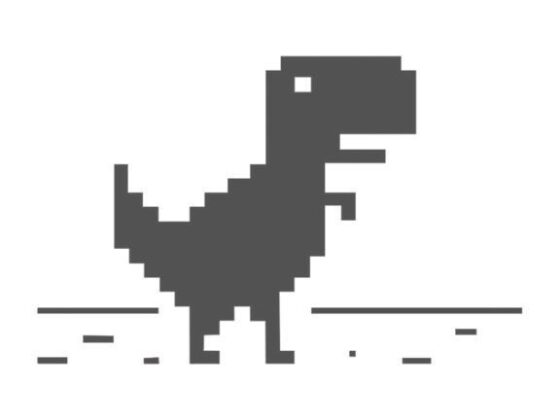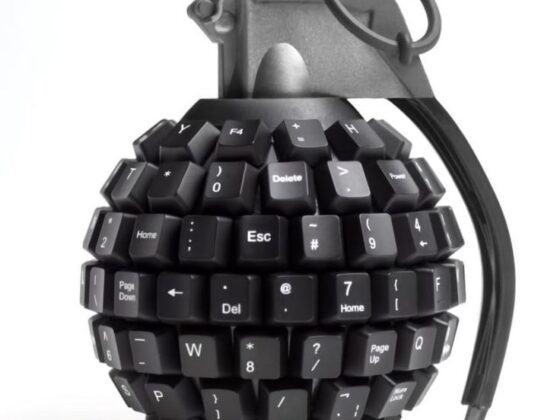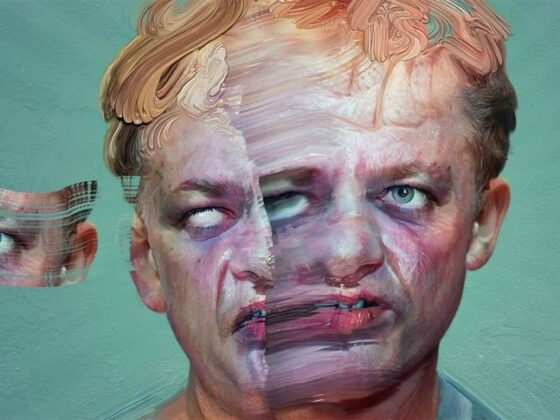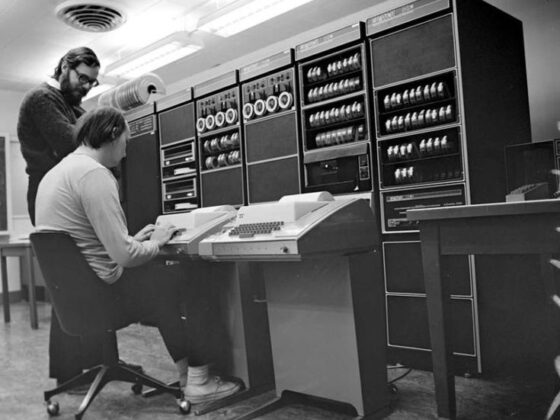The internet was never designed to be controlled. Unlike past technological revolutions—railroads, electricity, or telecommunication networks—it was built in pieces, expanded chaotically, and scaled beyond what anyone imagined. It is a system with no central authority, no master blueprint, and no way to shut it down. It is, as P.W. Singer puts it, the largest experiment in anarchy we have ever had.
And like all experiments in anarchy, it comes with consequences.
Governments try to regulate it, but they are always a step behind. Corporations try to dominate it, but new technologies keep decentralizing power. Hackers, activists, criminals, and nation-states all battle for control, yet no one truly owns the system. The internet isn’t just a tool—it’s an evolving organism, unpredictable and untamed.
This lack of control is both its greatest strength and its greatest weakness. It fuels innovation, allowing ideas to spread instantly, economies to grow, and knowledge to be shared freely. But it also enables chaos—cybercrime, disinformation, digital warfare, and the erosion of privacy. We have built something we don’t fully understand, and we are only now beginning to grasp the dangers.
The internet is no longer just a network of computers—it is the nervous system of modern civilization. And if we fail to comprehend it, we risk losing control of the very world it now holds together.
